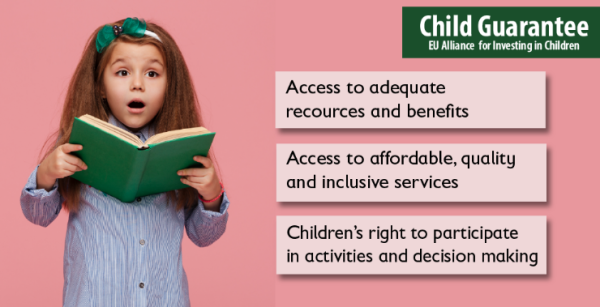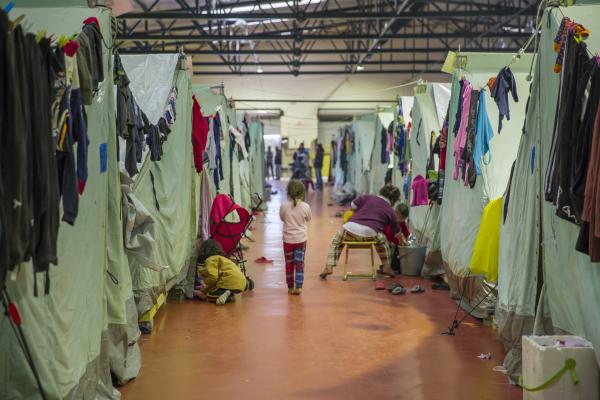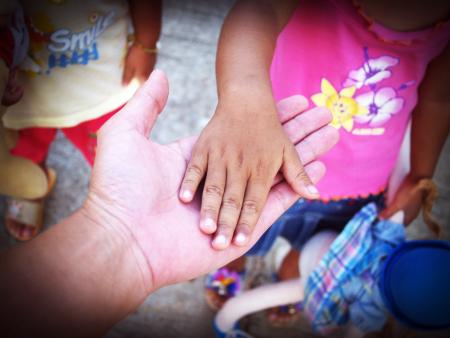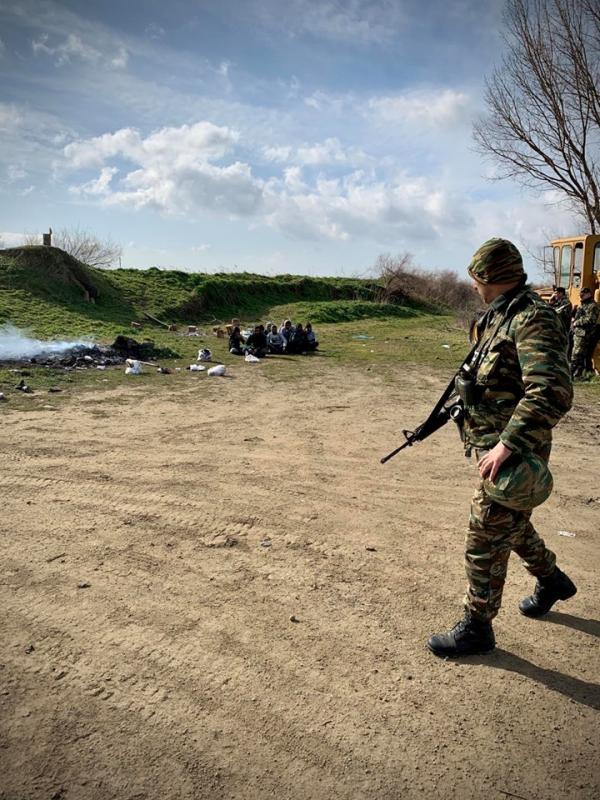
In Europe, hundreds of thousands of children are divided from one or both of their parents due to migration. This phenomenon is recorded across South-Eastern Europe and the Caucasus, and is particularly significant in countries (or regions within them) where in-work poverty, low living standard, real or perceived lack of opportunities puts parents in front of difficult life choices. Some of them feel that they can best support their children by looking for incomes away from home.
Media reporting have highlighted the increased risks and vulnerabilities that characterize “children left behind”, in particular in cases when it was the mother who left, or both parents were absent. In many instances, there are clear arrangements involving grandparents or the extended family that ensure that children are adequately cared for. In other cases, this is however not the case. Even when children are under the care of close family members, the informal nature of such arrangements may create problems when there is the need for the involvement of a legal guardian (e.g. in dealings with the education or the health system). There are no comprehensive and reliable figures on the number of children left behind by one or both parents who go to work abroad from the countries of our region. Even in countries such as Romania where authorities and NGOs have attempted to gather data, estimates on the size of the phenomenon vary widely, and likely involve between 170 000 and 350 000 children; according to local authorities, as of 2018 there are about 45 000 children who are not under the care of either of their parents.
In the Republic of Moldova, about 55 per cent of children without parental care are recorded as such due to the migration abroad of their parents.
Under the UN Convention on the Rights of the Child, states have an obligation to ensure the protection of the rights of children, always seeking the best interest of the child. The issue of children left behind is structurally intertwined with the fundamental rights of the child as defined in the UNCRC, including in reference to parental guidance (Article 5), separation from parents (Article 9), family reunification (Article 10), respect for the views of the child (Article 12), parental responsibilities and state assistance (Article 18), children deprived of family environment (Article 20) and the right to education (Article 28).
In this context, we wish to highlight the transnational dimension of this phenomenon: residents (and in many cases citizens) of more than one country are involved, and it would be reductionist to argue that the issue of “children left behind” should be a concern only of countries characterized by outbound migration and does not involve host countries. Elderly people and individuals with disabilities in Western European countries are often cared for by women from less developed parts of our continent who, as a consequence, cannot provide the family care and assistance they would be given to their own elders and their children in their home country. In this context of transnational welfare networks, all parties involved have a duty to ensure that the vulnerabilities and risks to children caused by this state of affairs are reduced to a minimum.
Recommendations
Ten years after the European Parliament resolution of 12 March 2009 on migrant children left behind in the country of origin the EU Commission and member states should finally take action and demonstrate a strong commitment on this important social issue that involves families living across all parts of Europe.
The Commission should “undertake a study to assess the extent, at EU level, of the phenomenon of migrants’ children left behind in the country of origin and to collect EU-wide data on this phenomenon”, a call formally reasserted by a group of MEPs in December 2016.
Authorities in countries where there are significant numbers of “children left behind” should take adequate measures to inform families of their rights and duties, and provide adequate resources and staff to social services and other competent structures to provide comprehensive support.
Authorities in host countries should ensure that people who come to work are fully informed about their rights, as well as about the availability of services such as health, education, and other benefits they or their children may be entitled to. Benefits should be provided in full also in the cases when children do not reside in the host country (for reference, see EU infringement procedure against Austria, which introduced legislation on the indexation of benefits for non-residents children). Future European programs, such as the proposed child guarantee, should consider the children left behind by parents migrating for work from outside the EU.
Acknowledging the difficult life choices they are making, parents leaving their children at home should make sure they designate a legal guardian for the period of their absence and inform relevant authorities. More simplified legal and administrative procedures for appointing a legal guardian should be available for parents working abroad, considering the primary importance for children to remain in a family environment during the time when one or both of their parents are away. Furthermore, parents should be reassured that informing the authorities will be welcomed, will not have negative consequences on their legal rights on their offspring, but will provide an additional layer of protection to their children.
Supported by:
ChildPact – Regional Coalition for Child Protection
and its members:
All Together for the Holistic Care of Children (BKTF) – Albania
Armenian Child Protection Network – Armenia
Child Protection Network from Armenia NGO Alliance for Children’s Rights – Azerbaijan
National Network for Children – Bulgaria
Stronger Voice for Children – Bosnia and Herzegovina
Coalition for Children and Youth – Georgia
Coalition of NGOs for Child Protection (KOMF) – Kosovo
The Alliance of Active NGO’s in the Field of Social Protection of Family and Child – Republic of Moldova
Federation of NGOs for Child – Romania
Network of Civil Society Organizations for Children (MODS) – Serbia
Other endorsements
Terre des hommes Foundation Romania – Romania
Association of Romanian Women in Italy – Italy
Star of Hope Romania Foundation – Romania
First Children’s Embassy in the World Megjashi – Macedonia
NGO Network Against Commercial Sexual Exploitation of Children– Turkey















